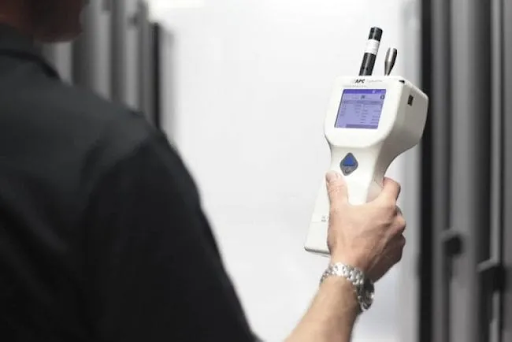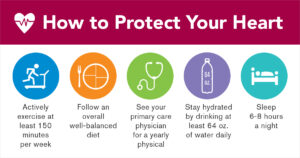
As homeowners, we often focus on enhancing the aesthetics and comfort of our living spaces. However, one crucial aspect that sometimes goes unnoticed is the quality of the air we breathe indoors. Poor indoor air quality can lead to a wide range of health issues, affecting everyone from infants to the elderly. In this comprehensive guide, we will explore the importance of a home air quality test and what steps you can take to ensure a healthier living environment for you and your loved ones.
Why is Home Air Quality Testing Important?
Health Implications: The most critical reason to test home air quality is its direct impact on human health. Indoor air can contain pollutants like dust, allergens, mold spores, volatile organic compounds (VOCs), and even radon gas. Long-term exposure to these contaminants can lead to respiratory problems, allergies, asthma, and other serious health conditions.
Identifying Hidden Threats: Many indoor air pollutants are invisible to the naked eye, making it difficult to detect their presence without proper testing. Home air quality tests can help uncover these hidden threats, allowing you to address them before they escalate into major health concerns.
Ensuring a Safe Environment: Indoor air quality testing in Houston creates a safer living environment for your family. By identifying potential hazards, you can take appropriate measures to reduce exposure and prevent the onset of health issues related to poor air quality.
Types of Home Air Quality Tests
Allergen Testing: This test helps identify common allergens such as pet dander, pollen, dust mites, and cockroach allergens, which can trigger allergies and worsen respiratory conditions.
Mold Testing: Mold can grow in damp and poorly ventilated areas, leading to respiratory problems and allergic reactions. Mold testing identifies the presence of mold spores, enabling you to eliminate the source and improve ventilation.
VOC Testing: Volatile Organic Compounds are harmful gases emitted from household products like paints, cleaning agents, and air fresheners. VOC testing ensures you know of any harmful chemicals in your indoor air.
Radon Testing: Radon is a naturally occurring radioactive gas that can seep into homes through the ground. Prolonged exposure to radon can significantly increase the risk of lung cancer. Radon testing helps identify high radon levels, allowing you to mitigate the risk.
Particulate Matter Testing: This test measures the levels of fine particles in the air, which can be harmful when inhaled. Particulate matter testing is crucial for homes located in areas with high pollution or during wildfires.
Conducting Home Air Quality Tests
DIY Testing Kits: DIY testing kits are readily available and easy to use. They usually involve collecting air or surface samples and sending them to a lab for analysis. While convenient, these kits may not provide as comprehensive results as professional testing. Thus, it is suggested that you should go with a professional air quality inspection.
Professional Air Quality Testing: Hiring a certified indoor air quality professional offers a more thorough assessment of your home’s air quality. They use advanced equipment and have the expertise to interpret results accurately.
Improving Home Air Quality
Improve Ventilation: Proper ventilation is essential for reducing indoor air pollution. Open windows and use exhaust fans to allow fresh air to circulate, especially when cooking or using household chemicals.
Regular Cleaning: Frequent dusting, vacuuming, and cleaning of floors, carpets, and upholstery can help reduce allergens and dust particles in the air.
Control Humidity: Use a dehumidifier in damp areas like the basement and bathroom to prevent mold growth. Additionally, maintain indoor humidity levels between 30% to 50%.
Air Purifiers: Consider investing in high-quality air purifiers with HEPA filters to capture and remove airborne particles, allergens, and pollutants.
The Bottom Line
A home air quality test ensures a healthy and safe living environment. By identifying and addressing potential air pollutants, you can protect your family from respiratory issues and other health concerns.







